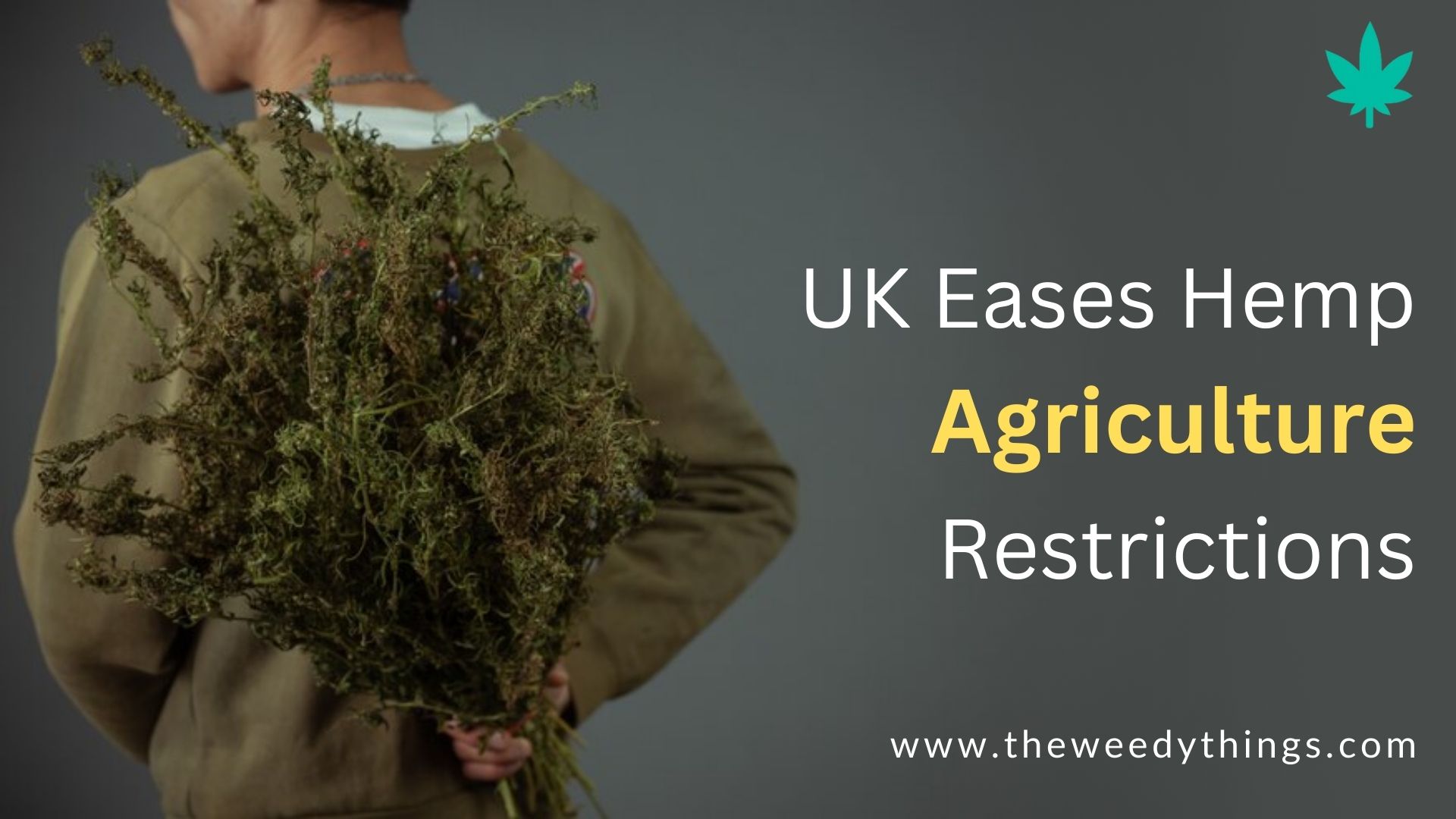The United Kingdom’s recent decision to ease hemp agriculture restrictions marks a significant turning point for the country’s hemp industry. With the potential for increased cultivation, production, and innovation, the UK’s hemp harvest is poised for growth. In this blog, we’ll explore the implications of these eased restrictions and the opportunities they present for hemp farmers, businesses, and consumers alike.
Unlocking Potential:
The relaxation of hemp agriculture restrictions in the UK opens up a world of possibilities for farmers and entrepreneurs. Hemp, a versatile crop with a wide range of applications, holds immense potential for economic growth, job creation, and environmental sustainability. With its ability to be used in textiles, construction materials, biofuels, food products, and more, hemp offers a lucrative opportunity for diversification and innovation in the agricultural sector.
Expanding Markets:
As the UK eases hemp agriculture restrictions, it also opens the door to new markets and opportunities for growth. With increasing demand for hemp-derived products such as CBD oils, textiles, and cosmetics, there is a growing need for domestically grown hemp to meet consumer demand. By cultivating hemp locally, the UK can reduce reliance on imports and support domestic industries while promoting sustainability and traceability in the supply chain.
Supporting Sustainability:
Hemp agriculture offers numerous environmental benefits, making it an attractive option for sustainable farming practices. Hemp requires minimal water, pesticides, and fertilizers compared to traditional crops, making it ideal for eco-conscious farmers looking to reduce their environmental footprint. Additionally, hemp cultivation can help improve soil health, sequester carbon, and promote biodiversity, making it a valuable asset in the fight against climate change.
Empowering Farmers:
The easing of hemp agriculture restrictions in the UK empowers farmers to explore new opportunities and diversify their income streams. With hemp cultivation now more accessible, farmers have the opportunity to supplement their traditional crops with hemp, increasing resilience against market fluctuations and economic uncertainties. Additionally, hemp cultivation can provide valuable rotational benefits, helping to break pest cycles, improve soil structure, and enhance overall farm productivity.
Promoting Innovation:
With hemp agriculture restrictions eased, the UK is poised to become a hub for hemp innovation and research. Universities, research institutions, and private companies can now explore the potential of hemp as a sustainable alternative in various industries, from textiles and construction to bioplastics and renewable energy. By investing in research and development, the UK can position itself as a leader in hemp innovation, driving economic growth and fostering a culture of sustainability and innovation.
The easing of hemp agriculture restrictions in the UK marks a significant milestone in the country’s journey towards a more sustainable, diverse, and innovative agricultural sector. With the potential for increased cultivation, production, and innovation, hemp offers numerous opportunities for economic growth, job creation, and environmental sustainability. By embracing hemp agriculture, the UK can unlock the full potential of this versatile crop, driving positive change and creating a brighter future for generations to come.
Frequently Asked Questions
The UK has eased restrictions on hemp cultivation, allowing farmers greater flexibility in growing and processing hemp for various purposes.
The expansion of hemp agriculture in the UK can lead to increased job creation, support for sustainable farming practices, reduced reliance on imports, and promotion of domestic industries.
Yes, hemp agriculture is known for its environmental benefits, including minimal water and pesticide requirements, soil regeneration properties, and carbon sequestration potential, making it a valuable asset in promoting sustainability.
Businesses and entrepreneurs can seize opportunities in the growing hemp market by investing in hemp-derived products, research and development, innovation, and collaboration with farmers to support sustainable and ethical practices in the industry.




